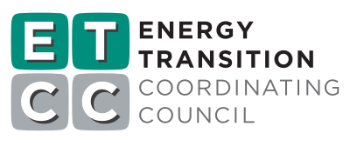Project Info
COMPLETE
Project Title
Field Evaluation of Ultra-Efficient Dedicated Outdoor Air System with Integral Energy Storage
Project Number ET23SWE0071 Organization SWE (Statewide Electric ETP) End-use HVAC Sector Commercial Project Year(s) 2023 - 2025Project Results
Commercial building energy performance has improved significantly over the past two decades through evolving codes, technology innovations, and building standards. Heating, ventilation, and air-conditioning systems remain the largest energy consumer in buildings and represent the greatest opportunity for energy and carbon emission reductions. As Title 24 standards evolve to include dedicated outdoor air systems (DOAS), it is important to evaluate how the operational efficiency of DOAS contributes to energy and carbon emission savings. This project demonstrated and validated a novel emerging technology that has the potential to achieve high cooling efficiency using a desiccant-enhanced, indirect evaporative cooling approach with integrated storage for providing load flexibility. This field evaluation project measured the energy performance and peak load-shifting capability of this emerging DOAS technology. The technology combines liquid desiccant with indirect evaporative cooling and thermochemical energy storage to fundamentally reimagine how buildings are cooled, dehumidified, and interact with the grid.The field test results showed that the DOAS with integral energy storage has the potential to increase distribution grid resilience during periods of extreme heat, futureproof buildings against the frequency and duration of heat waves with rising dew points. This technology advances building decarbonization by providing improvements in energy efficiency and load flexibility. Furthermore, operating costs can be reduced by lowering total electricity use and by shifting electricity consumption to take advantage of time-of-use rates and utility-sponsored load management tariffs and incentives. This CalNEXT project aims to reduce risk and accelerate adoption of advanced DOAS systems for the benefit of ratepayers and society at large. Future efforts should both inform the development of new code requirements and identify potential barriers to broader adoption and codification of these advanced systems. It is recommended that additional field evaluation of the final commercial product be conducted to validate the energy savings determined in this project and provide additional data for measure development.
Project Report Document
Loading PDF Preview...
